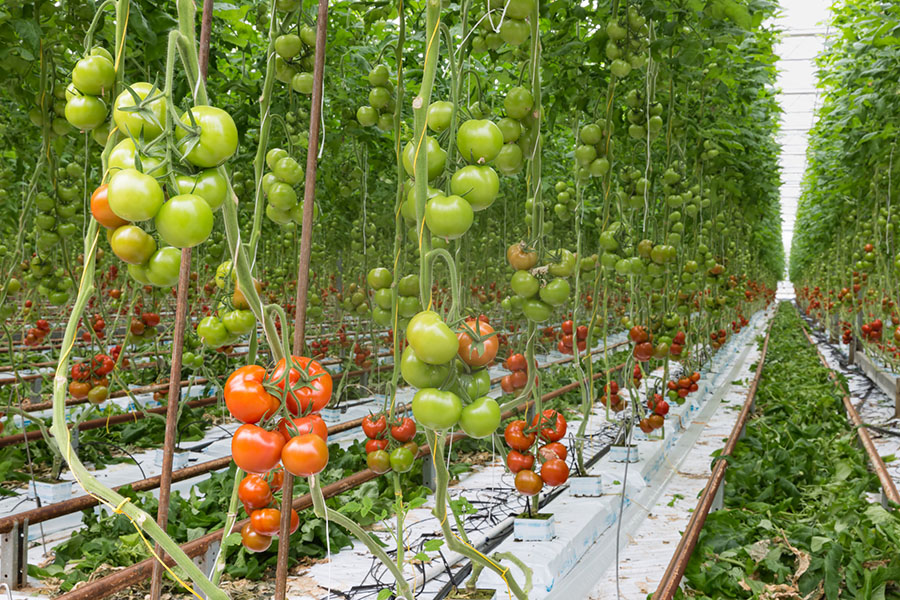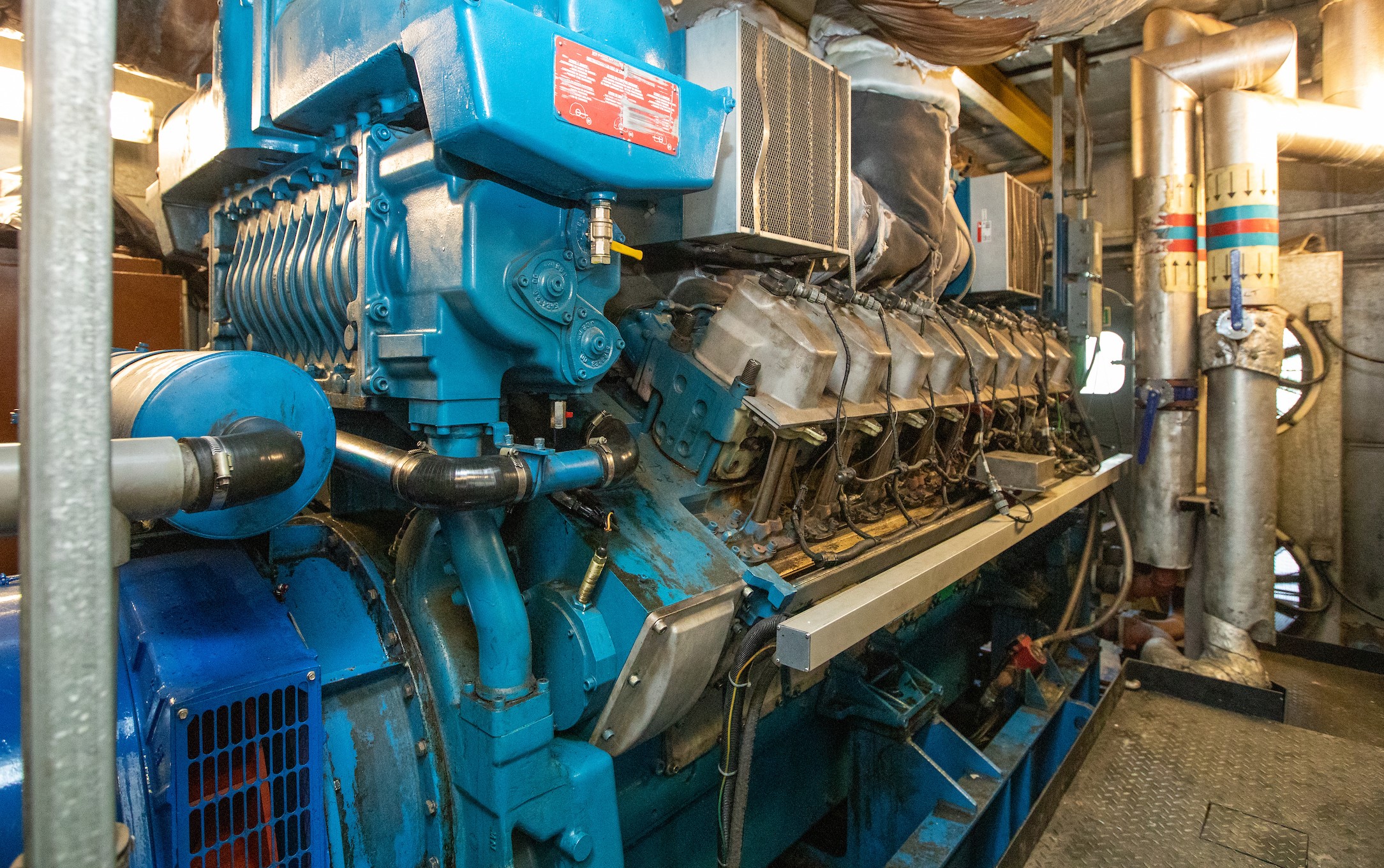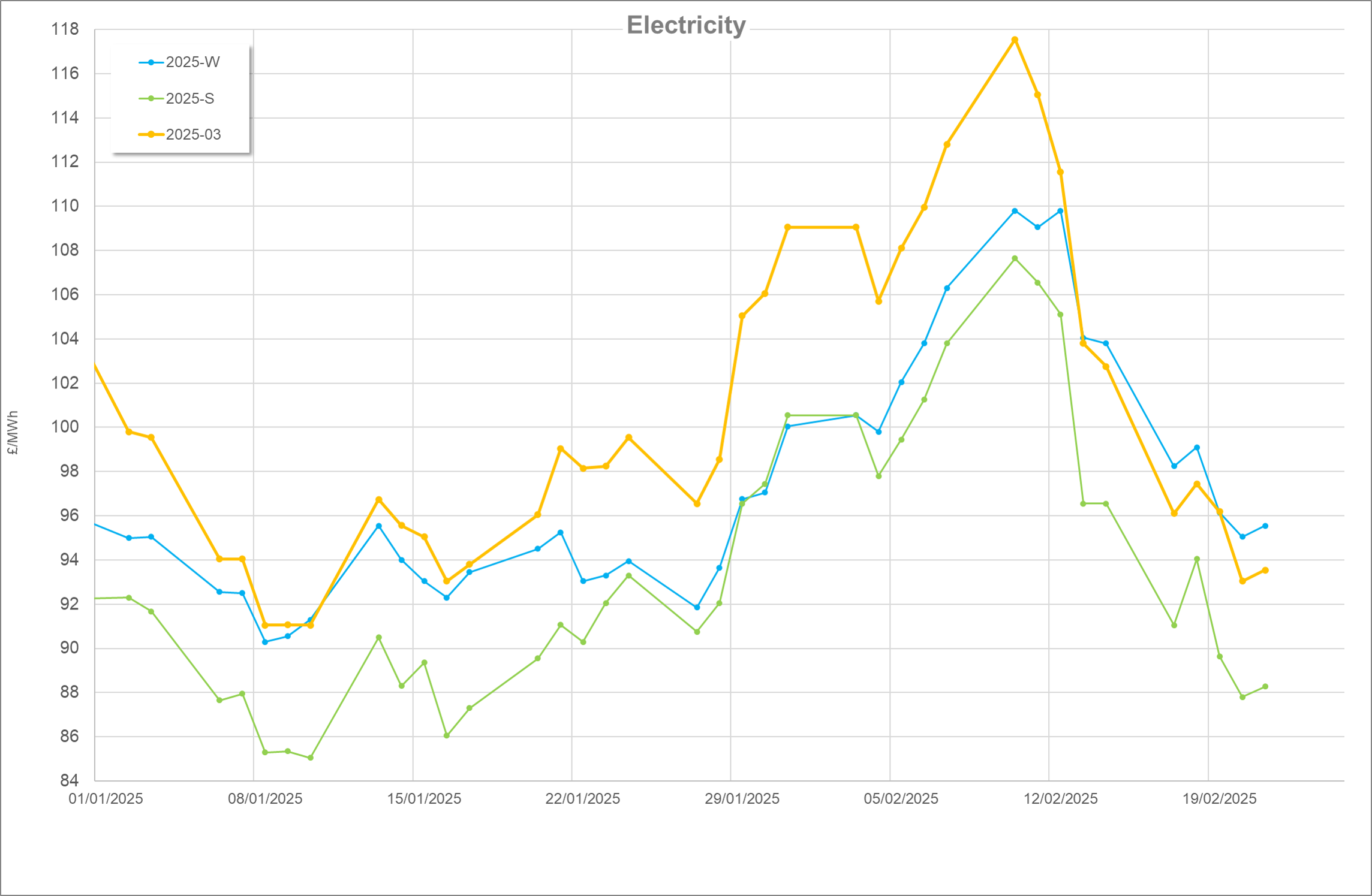As the world increasingly shifts its focus towards renewable and sustainable energy sources, anaerobic digestion has emerged in recent years as a promising new technology. In this blog, we explore the concept of anaerobic digestion and delve into the benefits this technology brings, in addition to the incentives and subsidies available.
What is Anaerobic Digestion (AD)?
At it’s core, AD is a natural process driven by microorganisms that break down organic materials, such as food and crop waste, and also animal manure, in an oxygen-free environment known as a digestor. This process produces biogas, which can be harnessed for combustion in Combined Heat and Power (CHP) units or boilers. The biogas can also be further enriched with propane to create a clean and sustainable fuel called biomethane.
The Power-Packed Benefits
The adoption of AD brings about multiple environmental and economic benefits:
- Energy from organic waste: One of the most significant advantages of AD is its ability to transform organic waste into a valuable energy source. By capturing methane during the process, biogas is generated, providing a renewable and eco-friendly alternative to traditional fossil fuels. This not only addresses the issue of waste management but also presents an innovative solution to meet our energy needs sustainably.
- Combatting Greenhouse Gas (GHG) emissions: Methane, a byproduct of organic decomposition, is a potent greenhouse gas with approximately 23 times the heat-trapping ability of carbon dioxide. By utilising anaerobic digestion to capture and utilise methane, we prevent its release into the atmosphere, effectively reducing greenhouse gas emissions and contributing to the fight against climate change.
- Using CO2 for greenhouse enrichment: Certain protected crops, such as tomatoes, are commonly dosed with CO2 to benefit crop growth and improve yields. As well as methane, a proportion of biogas produced from the AD process is also CO2. During the combustion, this can be harnessed and used to enrich your crop. Read more about your options in our technical update: 5 alternative sources of CO2.
- Waste-to-fertiliser: The leftover residue, known as digestate, is rich in nutrients and serves as an excellent organic fertiliser. By utilising digestate on fields, we can enhance soil health, reduce dependency on synthetic fertiliser, and support sustainable agricultural practices.
A World of Incentives
Supporting the growth of renewable energy, various incentives and subsidies are available to encourage the adoption of anaerobic digestion:
- Greenhouse Gas Support Scheme (GGSS): Designed to increase the proportion of green gas in the grid, this scheme rewards green gas producers for injecting gas into the grid. With financial incentives driving the production of sustainable biomethane, the GGSS empowers us to make significant strides in renewable energy.
- Road Transport Fuel Obligation (RTFO): Aligned with the government’s push for green transport fuels, the RTFO requires large fuel suppliers to demonstrate that a percentage of their fuel comes from renewable or sustainable sources. Producers of green fuel, such as biomethane, receive certificates that can be traded to meet RTFO obligations, promoting a cleaner transport sector.
- Green Gas Certification Scheme (GGCS): This innovative scheme tracks the journey of green gas through the supply chain, providing evidence of its provenance. Each unit of biomethane injected into the grid displaces a unit of natural gas, significantly reducing our dependence on fossil fuels.
AD is a key innovation in our journey towards a Net Zero future. By harnessing the power of AD, we can revolutionise waste management, produce renewable energy and combat climate change – all while supporting a thriving agricultural sector.
To learn more about the Renewable Energy Solutions that might suit you, call NFU Energy on 024 7669 6512 or visit their website: Renewable energy solutions – Generate your own | NFU Energy.






